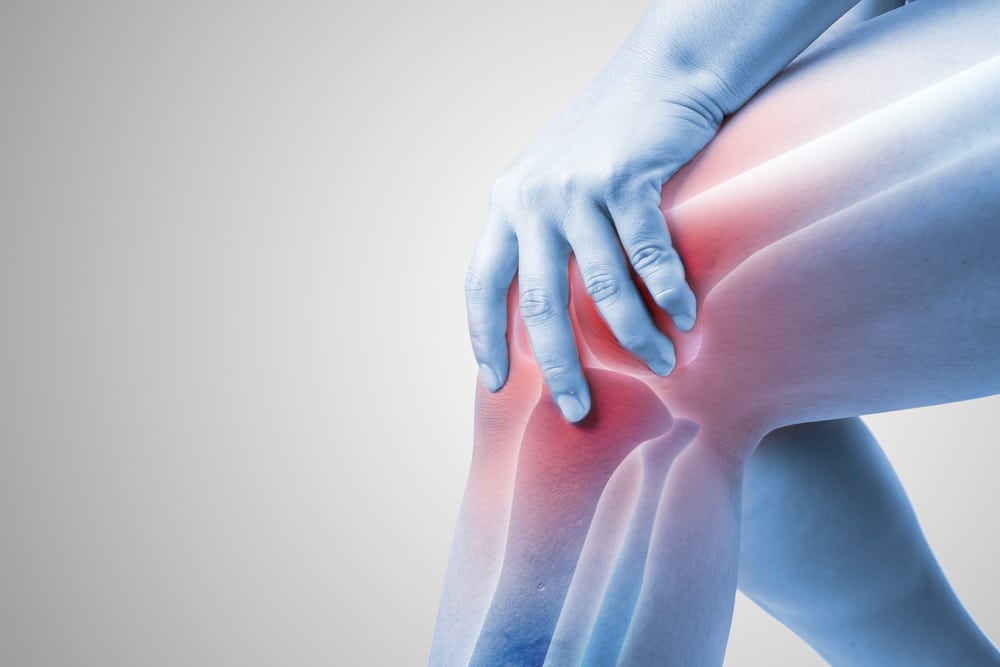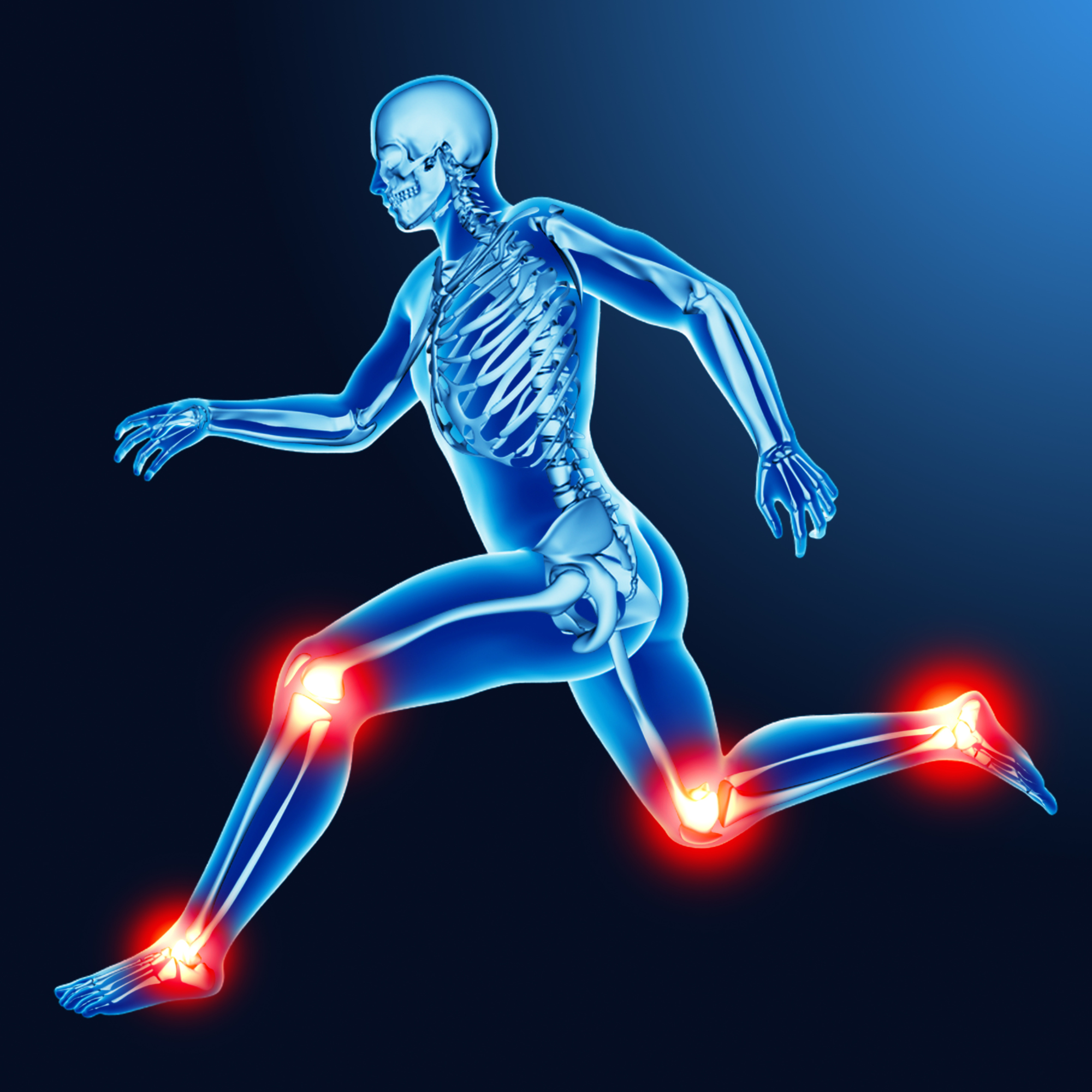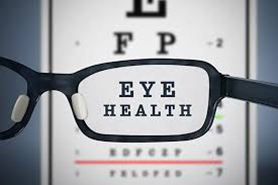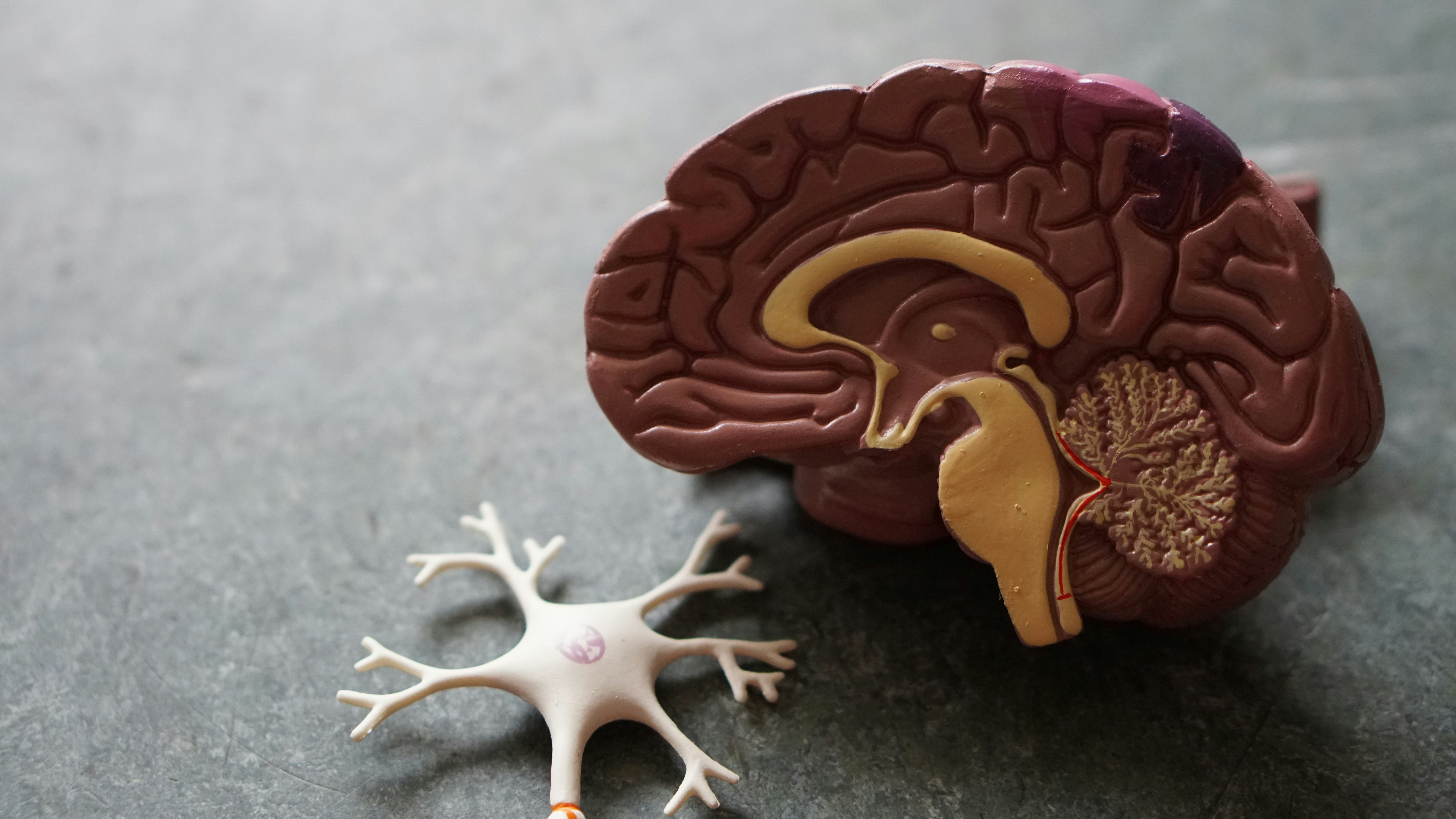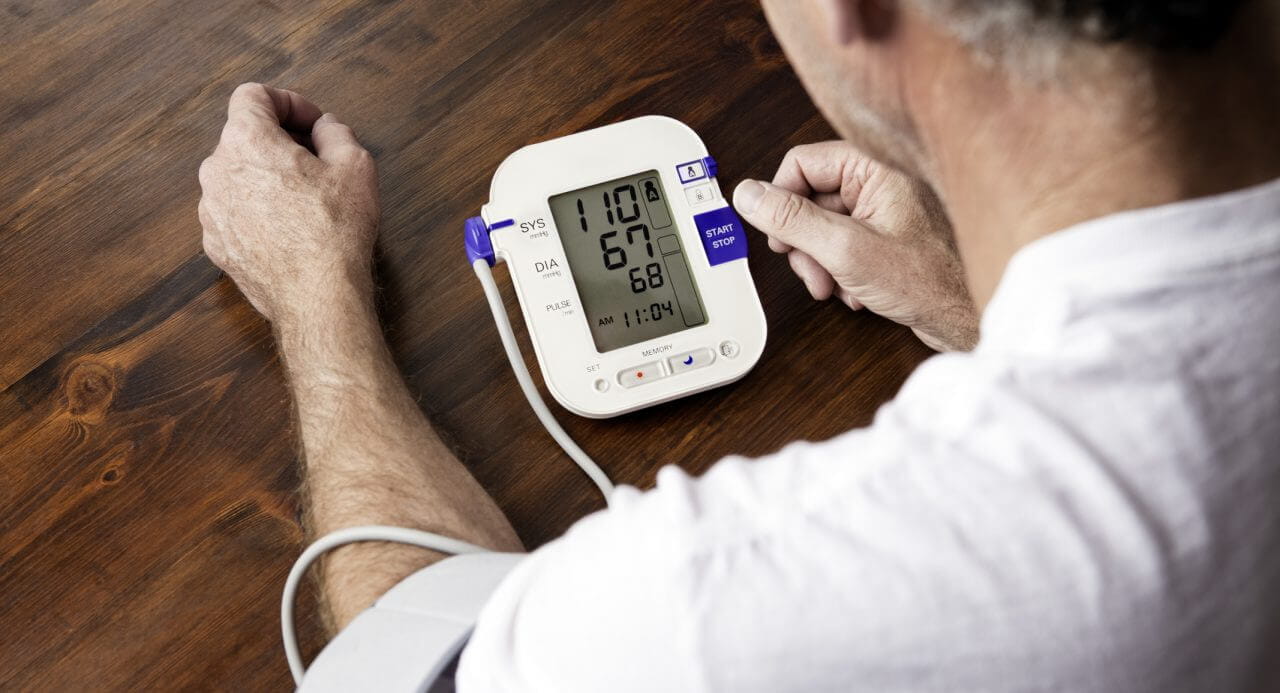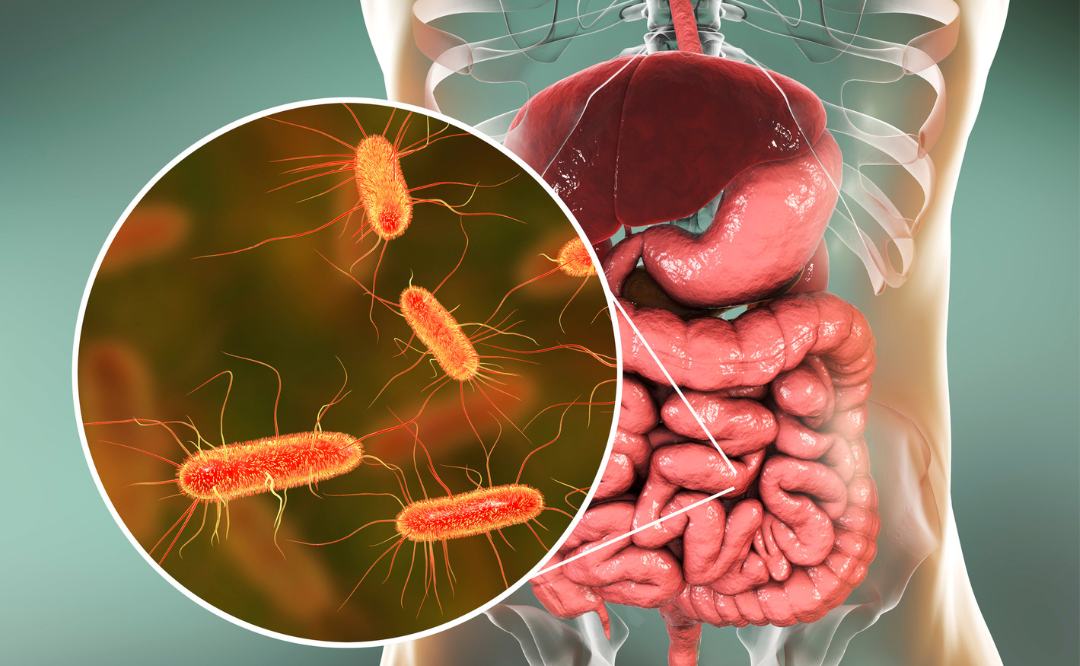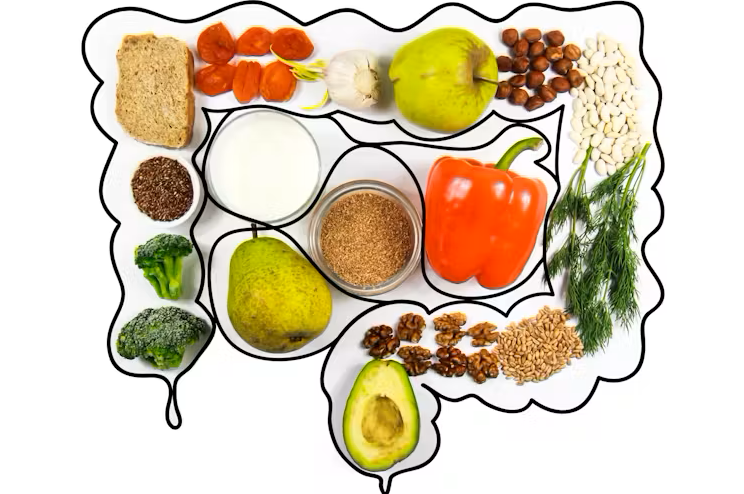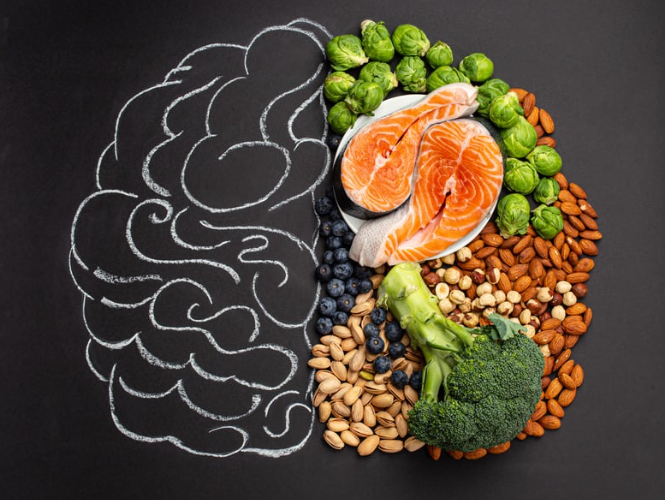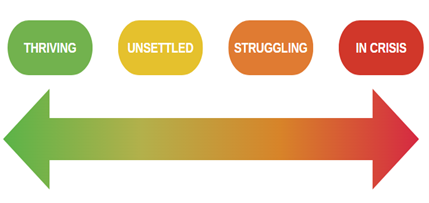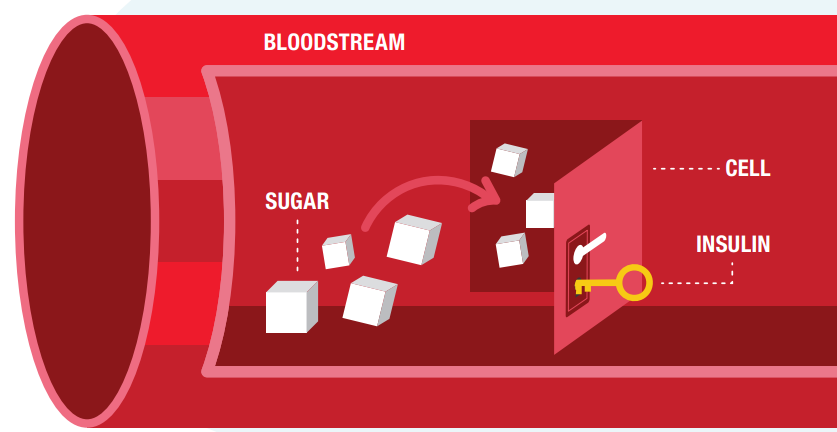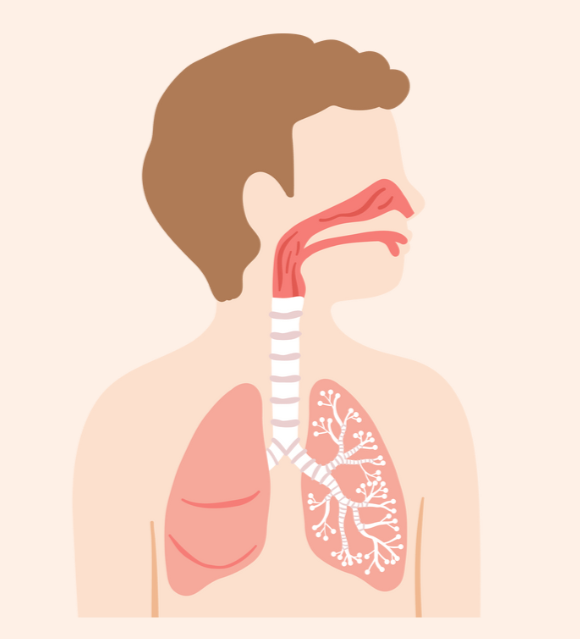
We all know that diet and exercise are two key components to having a healthy lifestyle, but which of these two strategies works best for different health benefits?

Weight Loss = Diet!
Typically choosing healthy foods and cutting out useless calories (such as refined sugar) promotes weight loss more effectively than exercise. Not only is it a lot easier to eat 1000 calories than it is to burn 1000 calories, eating unhealthy food releases hormones that cause you to store fat, not burn it. However, this does not mean physical activity is not important for weight control. Once you reach an ideal mass, exercise is critical for long-term maintenance.
Energy Levels = Exercise!
Although being deficient in essential nutrients such as CoQ10, carnitine, and B vitamins may make you feel sluggish, exercise is the best way to get more energy during the day. Exercise delivers oxygen and nutrients to your tissues and helps your cardiovascular system work more efficiently. When your heart and lungs work more efficiently, you have more sustained energy throughout the day. Exercise is also the answer for short bursts of energy. So the next time you are feeling low in energy, stand up and trying doing jumping jacks for 45 seconds.
Depression = Exercise!
When we participate in moderate to vigorous intensity physical activity our bodies release endorphins, which trigger positive feelings shown to reduce depression. Although natural supplements such as 5-HTP, B12, B6, and folate have been shown to improve mood for up to 3 hours, a 20-minute sweat session can improve your mood for up to 12 hours! Exercise can also lead to changes in the brain that strengthen your ability to cope with stress.
Heart Disease = Diet!
Substituting foods higher in saturated fats (such as red meat) for foods with unsaturated fats, particularly omega-3s (such as fish), may lower your cholesterol levels. Omega-3 fatty acids have been shown to decrease inflammation throughout the body. Inflammation in the body can damage your blood vessels and lead to heart disease. Consuming foods high in omega-3s have been proven to decrease the risk of heart disease by up to 64 percent. Exercise is still beneficial in preventing heart disease as it strengthens your cardiovascular system.
Diabetes = Exercise!
Achieving a healthy weight through diet and exercise is the strongest defense against the disease, but physical activity has a slight edge. Active muscles gobble up glucose from the blood for fuel, which helps keep blood-sugar levels stable. It is still important to remember to choose foods that release their sugar levels more slowly such as whole grains (brown rice, millet, quinoa), and foods that contain fiber (vegetables, some fruits).














































